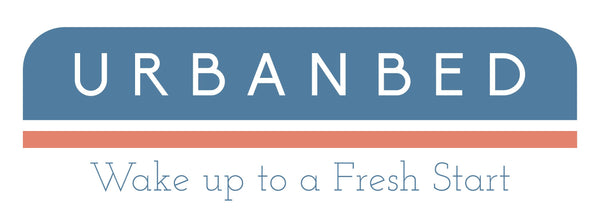Sleeping enough is an ‘essential’ requirement to maintain a healthy and active lifestyle. We’ve discussed the “why” time and again in our previous blogs. But to reiterate, when you sleep, your immune system gets started, enabling your body to repair, rejuvenate itself and optimize your brain functioning to take on everyday activities the next morning. The process is continuous and is highly dependent on the number of hours you sleep. The longer you sleep, the more time your body gets to repair itself.
Thus, when you are sleep deprived, you face the consequences. What consequences? Remember waking up with headaches? Remember you blamed the lack of sleep as the reason for those headaches?
How is Sleep & Headaches Connected?
The connection between sleep and headaches is although undeniable, it is not clear if sleep deprivation causes headaches or is it headaches that lead to the disturbance in the biology of the sleeping cycle. These are two invariably interlinked. A number of studies conducted over the years suggest that not sleeping enough or not having the ‘rejuvenating sleep’ our body needs, irregular sleep can trigger a headache or migraine. Additionally, lack of sleep or excessive sleep can trigger cluster headache attacks, hypnic headaches etc.
Types of Headaches You Must Know About
- Cluster Headaches: As the name suggests, Cluster Headaches are generally defined as the ones that occur in cyclical patterns or cluster periods. These are also some of the most painful types of headaches. Various scientific studies suggest a connection between sleep and cluster headaches. But, even if it is not true, cluster headaches do arise or happen during sleep or around the same time, be it day or night. This makes it clear that sleep deprivation, irregular sleep habits or disturbed circadian rhythms can be triggering cluster headaches.
- Hypnic Headaches: Hypnic headaches have been classified as a rare headache disorder, most common among older women. A Hypnic Headache attack wakes the person/ sufferer from their nocturnal sleep and is usually followed by a dull, featureless headache, often repeating itself several times during the night. What triggers hypnic headaches? Since it's mostly observed in older women, it would be safe to assume that these types of headaches occur due to the reduction in slow-wave sleep in susceptible individuals. The depth of sleep stages alters with age with the older population having less slow-wave sleep than younger people.
Remedy for Headaches
Having talked about everything that is there related to the connection between sleep and headaches, it’s time for the remedies. Take a look at some of the things mentioned below, which can help you ensure a headache-free sleep.
- Be Active: If you have a monotonous life with headaches, take a break from it. For instance, if you have a job that requires you to sit in your chair for 8 hours, taking a walk for 10-15 minutes can help.
- Try Acupressure: Acupressure therapy by trained professionals can reduce the frequent common migraine in some individuals.
- Maintain a proper, balanced diet: Try maintaining a properly balanced diet with all the essential anti-headache minerals such as magnesium and others. This will help regularize your sleep cycle and reduce migraine attacks or headaches
- Make sure your bedding is comfortable:: Sometimes, headaches arising from irregular, insufficient sleep can be due to improper bedding. If that is the case, changing your mattress, your sheets and adding extra layers of comfort can help. Take a look at some of the amazing mattresses in our product section. You'll find some good options that are according to your needs and requirements.
Summing up, headaches are going to be there forever, whether you like it or not. But, you can still manage a headache-free life by just sleeping enough, in a peaceful, restful manner. Read our other blogs to know more.

